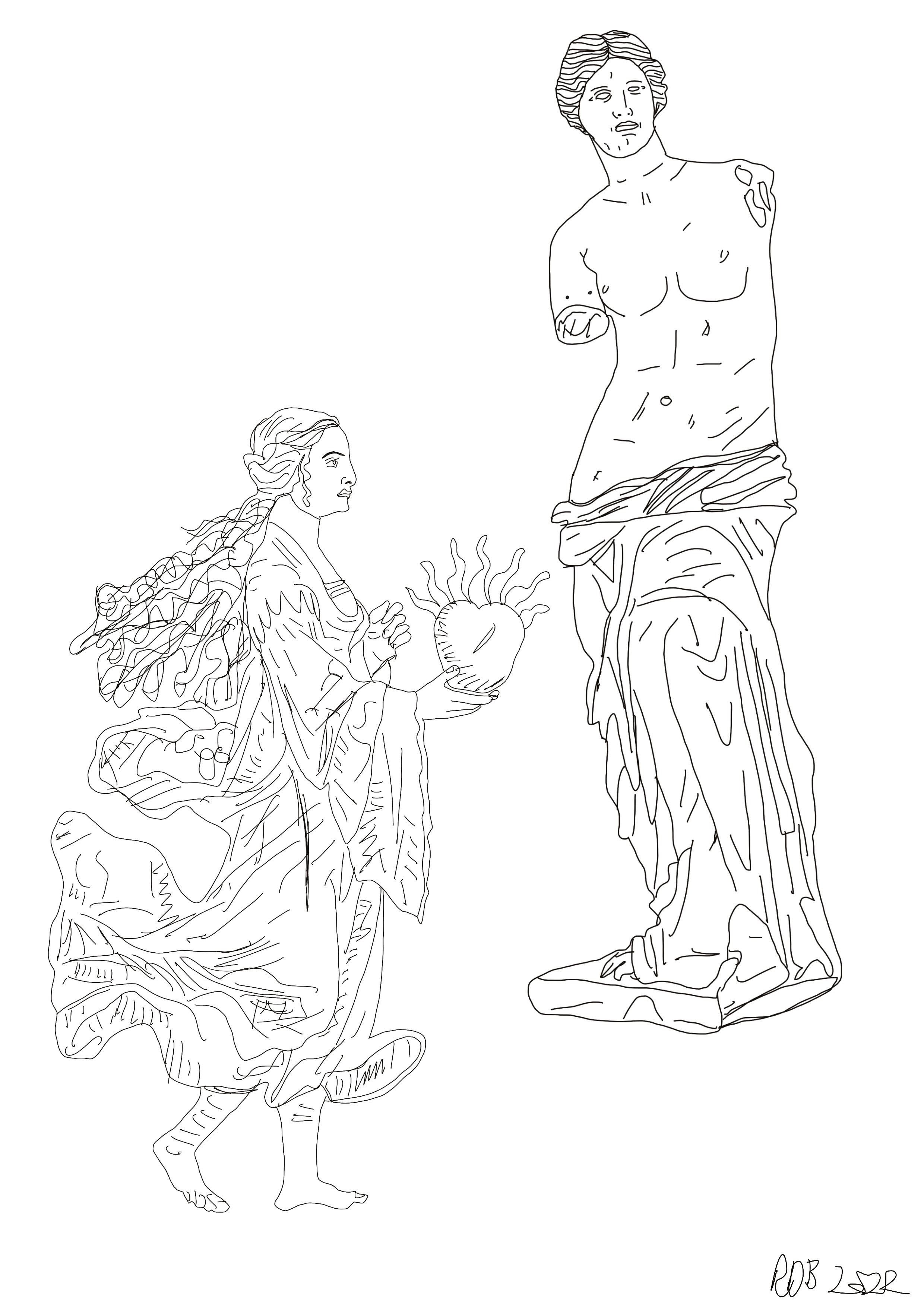5-second book review: The four agreements by Don Miguel Ruiz
This fascinating book about spirituality and philosophy is based on the knowledge handed down by the Toltecs, an ancient southern Mexican nation dedicated to conserving their ancestral wisdom.
The Toltec is not a religion; instead, it honours specific universal truths that certain spiritual masters have taught and passed on to future generations.
The four agreements describe a rule that encapsulates a way of life that encourages happiness and love.
This simple and down to earth look written by Don Miguel Ruiz is an oral history which encourages a life of authenticity with a frank acknowledgement of human spirituality while not being clouded by the distractions of complex modern life.
This is the kind of book you should use as a reference to reread, meditate upon and follow when you feel overwhelmed and lost in life. It pulls you back from distractions and helps you keep yourself centred if you are distracted.
The four agreements help you realise how much noise and distraction there is in the exterior world. It addresses significant issues like human perception, life purpose and death. The four agreements are designed to help us navigate the perils of life; it's an essential guide on how to lead a more simple, authentic and happy life.
The first agreement is to be impeccable with your word. Not only in the sense of not breaking promises but also about being aware of the power of words and how they can affect you and those around you. Your utterings contain energy and the correct use of your focus which should be in the direction of truth and love.
The second agreement is not to take anything personally. Taking things too personally is an expression of ego. The way people act and what they say is never about you. There is always another reason behind what people do, and it has nothing to do with us, so don't set yourself up for suffering.
The third agreement is not to make any assumptions. Communication is essential; we should never assume something. If you don't understand, ask. Have the courage to ask and find your voice to ask for what you want.
The fourth agreement is always to do your best. Your best will vary depending on your energy level or stage in life. But the most important thing is to be taking action. Don't expect to be rewarded; instead, take action because you love and enjoy every activity you do. When you do your best, you learn to accept yourself and learn from your mistakes.
Apart from these four agreements or steps to follow in life, Don Miguel Ruiz also gives us many practical examples and methods to help us stay on this enlightened path.
It seems to be an oversimplified kind of spirituality, but these four agreements can take a lifetime to understand and master.
Ruiz has dedicated his life to sharing his unique blend of ancient wisdom and modern-day awareness through his book, which is a reference we should keep close to us as a helping hand through life.












